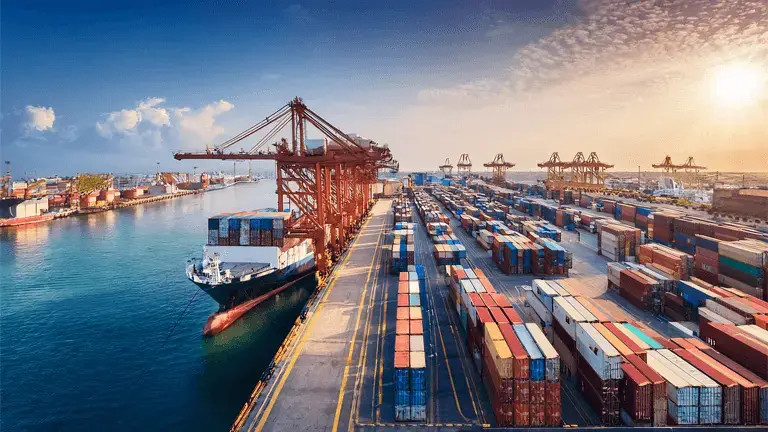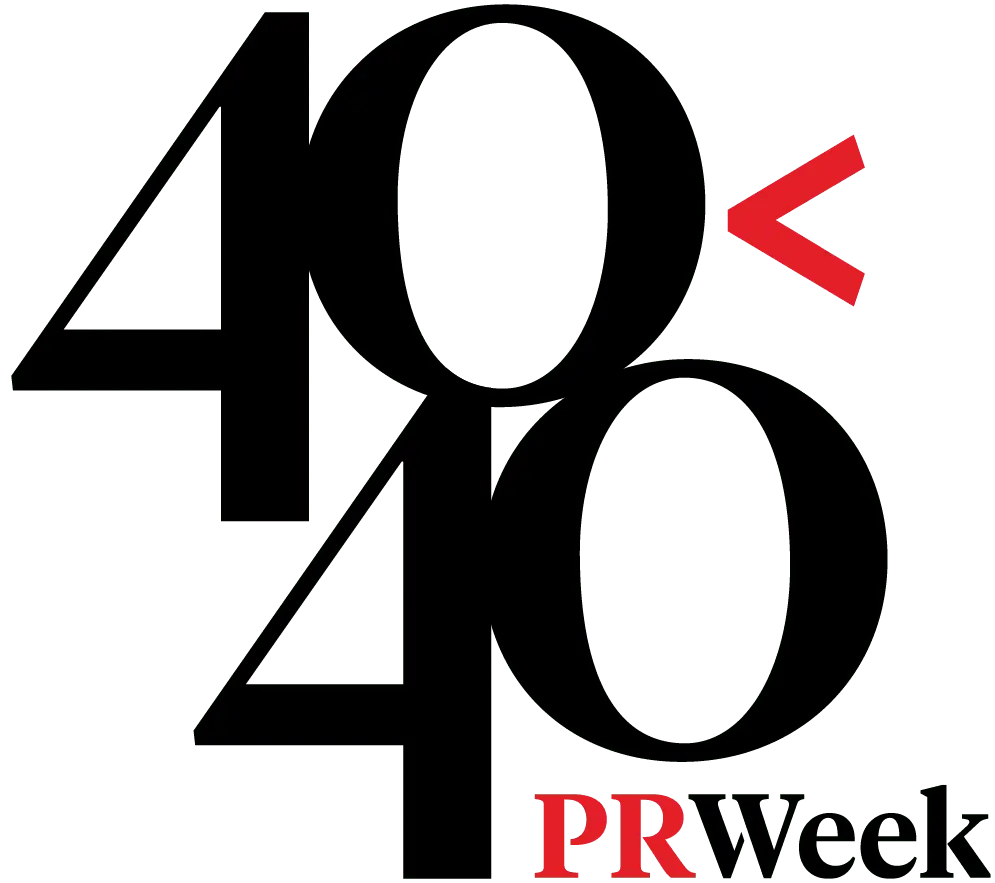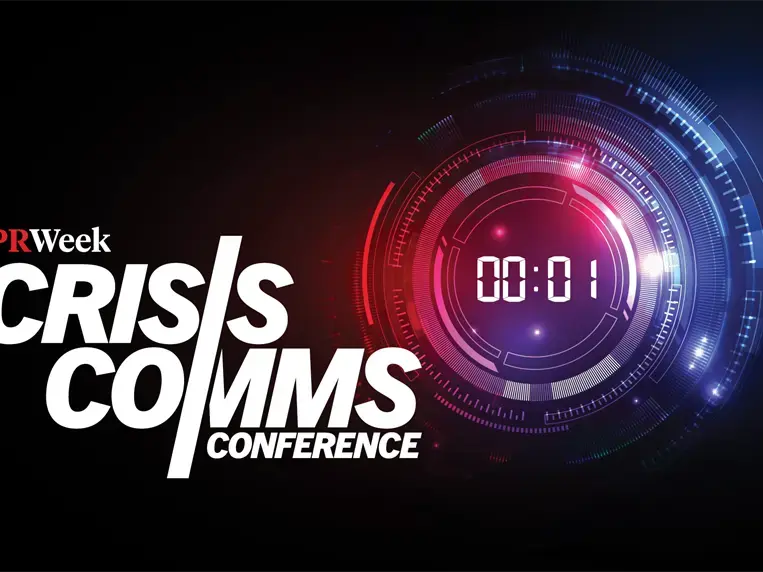In the wake of the Trump administration’s sweeping new tariffs, online discourse is evolving fast—and U.S. brands are increasingly caught in the reputational crossfire.
From organized boycott calls to price hike panic, the information environment is becoming more volatile by the day. For CCOs, the emerging risk isn’t just economic—it’s narrative-driven, emotionally charged, and globally amplified.
Tariffs Trigger Consumer Blowback—and Brand Fallout
Since the announcement, high-engagement social media content has warned of steep price increases, particularly for companies like Apple and Nike. While few posts blame the companies directly, they are becoming symbols of inflationary anxiety—and, in some cases, driving anti-American and anti-business sentiment that has the potential to influence consumer and market behavior.
Meanwhile, speculation about supply chain disruptions and stock volatility is creating downstream reputational pressure. Nike, in particular, has become a focal point, with widespread commentary linking its global supply chain exposure to share price losses.
Calls for boycotts—especially in European and Global South markets—are surfacing under hashtags like #BoycottUSA, targeting American brands such as Apple, Nike, and Starbucks. These posts are often vague, but their symbolism matters. They signal how easily a brand can be swept into geopolitical or economic backlash—even when it has no role in policymaking.
CCO Takeaways: Reputational Risk is Now Real-Time
What’s emerging is a narrative environment where consumer trust, geopolitical sentiment, and digital virality intersect. And the timeline for impact is accelerating.
Key takeaways for CCOs:
-
Narratives Are Moving Faster Than Facts: Tariff-driven content is outpacing official statements and market responses. Timely, values-aligned messaging is critical to staying in control and effectively communicating with your key stakeholders.
-
Brand Association = Brand Risk: Even when not directly blamed, U.S.-linked brands are becoming collateral damage in broader anti-tariff and anti-American sentiment campaigns.
-
Symbolism Outweighs Specifics: Boycott narratives often lack substance—but they gain traction through repetition, emotional framing, and ideological alignment and can lead to substantial brand, reputational, and physical security risks.
-
Global Context Matters: While U.S. reactions are split, European and Global South narratives are coalescing around self-interested unreliability and distrust in American economic leadership. These signals could be early warning signs of long-term brand aversion, amid amplified anti-U.S. sentiment in key foreign markets.
What Comes Next—and How to Prepare
The online tariff conversation is a rapidly evolving landscape that Alethea will continue to monitor for nefarious activity and emerging narratives in the coming weeks.
At present, foreign adversaries are already using the moment to shape global opinion. In response to the sweeping 34% tariff on all goods imported from the People’s Republic of China (PRC), China has launched a coordinated state media campaign framing the U.S. as an unreliable economic actor. Meanwhile, Russia and Iran are amplifying narratives symbolic of Western decline and aggression.
In this environment, strategic communications is critical. CCOs are uniquely positioned to insulate brands from fallout by:
-
Strengthening cross-functional response teams Integrate comms, risk, legal, and policy to anticipate narrative flashpoints and respond quickly. Each function requires the same contextually-relevant and timely insights, they just leverage them differently — but everyone needs a seat at the table.
-
Monitoring international sentiment—not just domestic Sentiment abroad can drive domestic boycotts, protests, and long-term reputational shifts, especially in the face of increasing anti-American business sentiment.
-
Investing in advanced digital threat detection tools Real-time visibility into where narratives originate, how they spread across different platforms and the internet ecosystem more broadly, and which key actors and influencers are driving the conversations, is essential to managing reputational risk at speed. Mainstream news and social media channels no longer dominate the conversation and to understand how, where, and why stakeholders are engaging on hot-button issues requires insight into alternative platforms, communities, and spaces.
Reputation is now a frontline asset that is shaped and potentially destroyed online. As trade policy continues to shift, so will the narratives that shape how consumers, shareholders, investors, and the public view your brand. The organizations that win won’t just be those with smart legal teams or global reach—they’ll be the ones who are ready to see the signal, move fast, and lead the message.
Book a demo to learn more about how Alethea can help.



.png)

